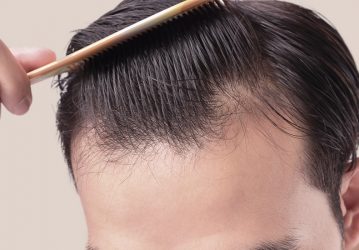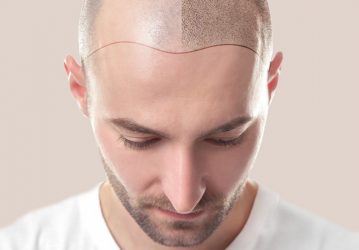Whether it’s three-day stubble or a moustache – men with facial hair have been very much in fashion for some years now. This comes as no surprise, after all, a well-grown beard is a symbol of masculinity and is considered appealing and attractive by the majority of the population. However, not all men are blessed with full, thick beard growth. It is not uncommon that clearly visible gaps occur among facial hair growth or, in the worst cases, that barely any hair grows at all. This can be for various reasons: alongside genetic disposition, hormones or scars are also considered to be possible causes. Whatever the case, the innovative DHI method (short for Direct Hair Implantation), which allows for the transplantation of head and facial hair, provides a remedy.
Process
Through the unique DHI method, individual hairs are extracted from the back of the head with the help of 0.7-millimetre microstamps and transplanted directly into the affected regions on the face. No incisions are required for this.
Preparation
As painkillers containing acetylsalicylic acid can affect blood clotting, these should not be taken for at least ten days before the transplant.
Anaesthesia
An operation for transplanting facial hair is not necessary. The treatment is carried out under local anaesthetic as an outpatient.
After the operation
The first new facial hairs are visible after approximately two months. It is recommended that you continue to apply a sunscreen with a high level of protection as regularly as possible even after this period.
Washing your face for the first time
It is possible to wash your face again four days after the transplant. However, this should be done as gently as possible, as the scab in the area which has been treated may not be removed at any cost.
Aftercare
The DHI method guarantees a particularly natural and, above all, lasting result. In order to be able to assess this objectively, we offer our patients regular follow-up appointments.









